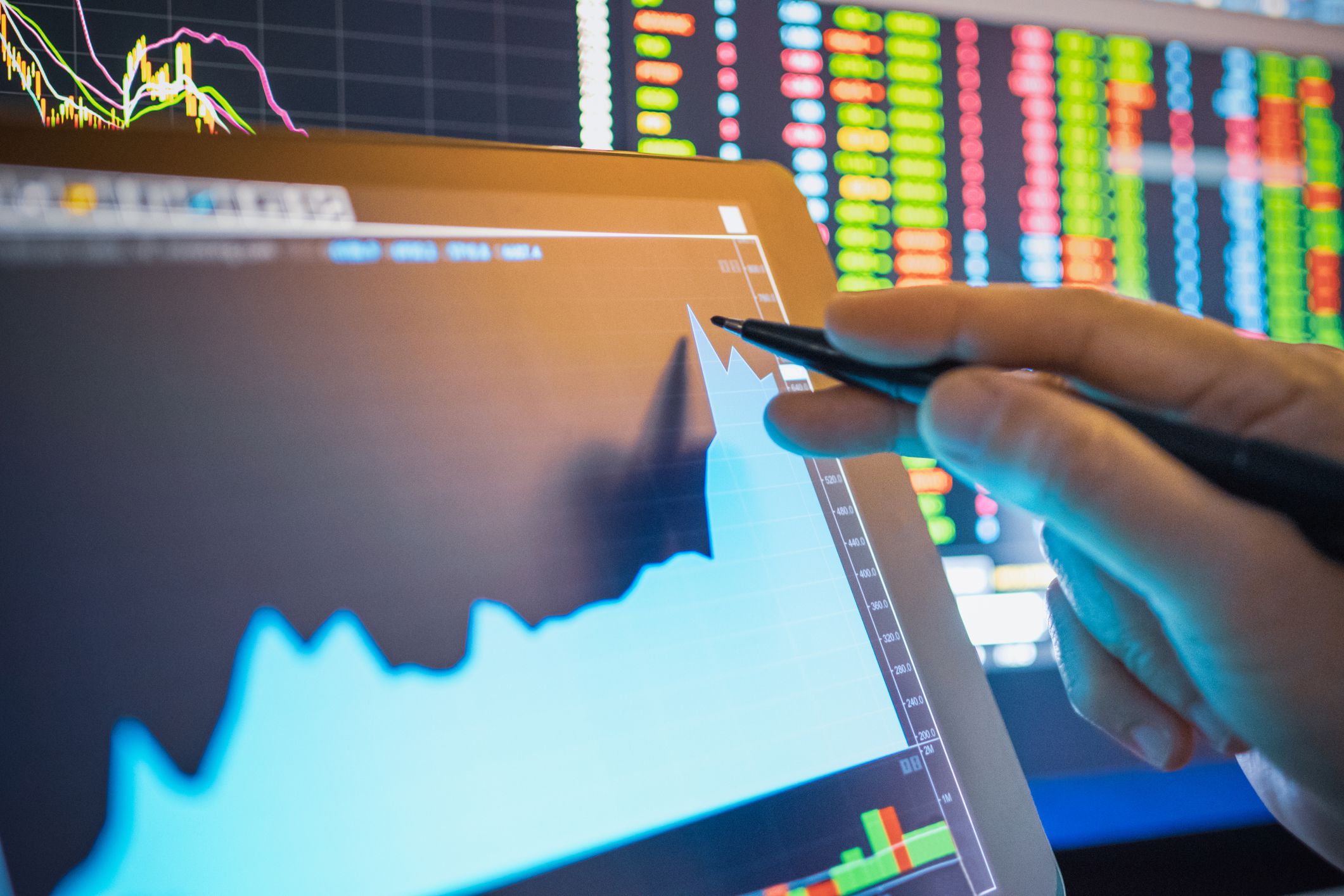CFD prices in Singapore are calculated based on the underlying asset’s price movements. For example, if the price of crude oil rises, the price of a CFD on crude oil will also rise. However, other factors can affect CFD prices, such as leverage and spread.
Leverage
Leverage is the amount of money you can borrow from your broker to trade a CFD. The higher the leverage, the higher the risk and the potential return. For example, if you use a leverage of 1:10, for every $1 you invest, your broker will lend you $10. Your potential return is ten times greater than your investment, but so is your potential loss.
Spread
It is the difference between the buy and sell prices of a CFD. When you buy a CFD, you buy it at the asking price, higher than the underlying asset’s actual market price. When you sell a CFD, you sell it at the bid price, lower than the actual market price. The difference between the bid and ask prices is known as the spread.
When you trade a CFD, you pay or receive the spread depending on whether you buy or sell the CFD. For example, if the EUR/USD pair has a spread of 3 pips and you want to buy one lot (100,000 units) of EUR/USD, you will pay your broker $300 (3 pips x 100,000). If the EUR/USD pair then rises in value and you close your trade at a higher price, you will make a profit. However, if the EUR/USD pair falls in value, you will make a loss.
Other factors that can affect CFD prices
Other factors can affect CFD prices, such as the following:
Commissions and overnight financing charges
Brokers may charge commissions on CFD trades. It is usually a percentage of the trade value.
You may be charged overnight financing if you hold a long position overnight (buy and don’t sell) or a short position (sell and don’t buy). You effectively borrow money from your broker to trade the CFD. The financing charge is usually a percentage of the trade value and is based on the interest rate of the currency pair.
Guaranteed stop-loss orders
A guaranteed stop-loss order is an order that ensures that you will exit your trade at a predetermined price, even if the market gaps against you. Guaranteed stop-loss orders are not available on all assets and come with a higher cost than a regular stop-loss order.
News and economic releases
News and economic releases can have a significant impact on asset prices. For example, if there is positive news about a company’s earnings, the price of its shares is likely to go up. Similarly, if there is negative news about a country’s economy, the price of its currency is likely to fall.
Factors that affect your trading
When you trade CFDs, many factors can affect your trading. These include the following:
The asset you are trading and your broker
Each asset has its characteristics, such as volatility, liquidity and margin requirements. It is essential to consider these factors when choosing an asset to trade. Your broker plays a significant role in your trading. Choose a reputable broker that offers good customer service, tight spreads and low commissions.
Your trading strategy
It is vital to have a well-tested trading strategy before you start trading. Your strategy should consider the asset you are trading, your broker’s conditions and your risk tolerance.
The market conditions
The market conditions play a significant role in your trading. Pay attention to the news and economic releases that can affect the markets.
Your own emotions
Your own emotions can also have a significant impact on your trading. It is essential to stay calm and disciplined when trading and not make impulsive choices.
CFD prices are affected by many factors, such as leverage, spread, commissions, overnight financing charges, guaranteed stop-loss orders and news releases. When choosing an asset to trade and developing a trading strategy, these factors should be considered. For more information on CFD prices, you can visit https://www.home.saxo/en-sg/products/cfds.

